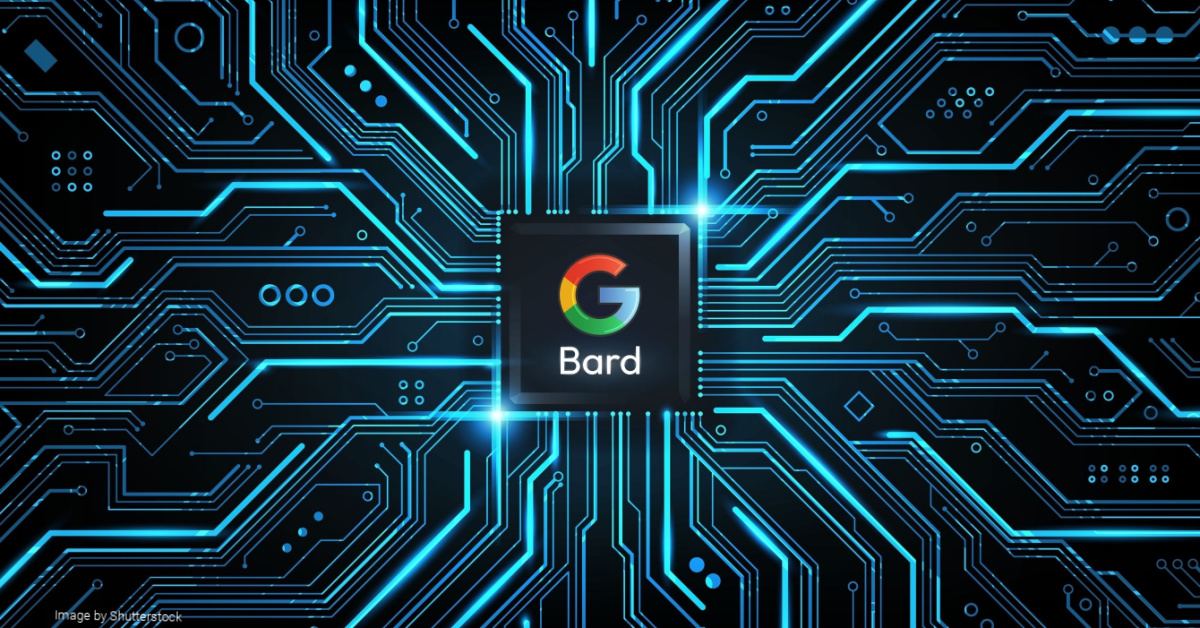What is Bard AI and How does it Affect your Ethics and Social Implications
- August 21, 2023
- Posted by: Aanchal Iyer
- Category: Artificial Intelligence

On February 6th, Sundar Pichai introduced BARD – an AI chatbot developed by Google. BARD is based on Google’s Large Language Model (LLM), LaMDA, just like how ChatGPT has been developed on GPT. LLM and GPT are neural networks that imitate the underlying architecture of the brain. BARD is very different from Google Search – the default way how billions of users search for information on the internet. Unlike traditional search, BARD is conversational and allows users to write a prompt and receive human-like images and text generated by Artificial Intelligence (AI).
In a world where AI continues to revolutionize industries, privacy concerns are progressively becoming a hot topic for discussion. After its introduction by Sundar Pichai, there have been recent revelations that ‘BARD’ has been trained with users’ Gmail data. This in turn has sparked widespread debate amongst the masses. Let’s explore how chatbots such as BARD affect ethics and social implications and also the potential benefits of such chatbots.
BARD and the Revelation
BARD has gained attention for its remarkable Natural Language Processing (NLP) capabilities. It is also being currently used for a variety of applications, from content generation to chatbots and much more. However, revelations that it has been trained using data from users’ Gmail accounts, have raised concerns about the ethical use of data and privacy. Read on for the potential risks and benefits.
Potential Risks
Privacy Invasion
The main concern with BARD’s training is possible privacy invasion. Although the data is anonymous, users’ personal information and private conversations have trained the AI. The question is that :to what extent should technology companies have access to and use personal data”?
Misuse of Data
AI training with Gmail data raises the risk of abuse or misuse of this information. There is no guarantee of the safety of users’ private information.
AI Bias
Another concern is AI bias. Emails include personal options, which the AI can absorb during the training process. This could result in a behavior bias, with negative consequences.
Potential Benefits
Better AI Performance
Gmail data helps in the overall improvement of AI. Access to a huge amount of real-world language data allows the chatbot to better understand nuances and context, with correct and useful language processing.
Tailor-Made User Experience
AI can offer a personalized experience for its users with data from Gmail. For example, it could better understand user needs and preferences, resulting in an enjoyable and efficient interaction.
Advancement of AI Research
The use of real-world data can result in significant advancements in AI research. By learning from an extensive dataset, AI models can better mimic human language and thought processes.
Ethical Considerations
The use of Gmail data for training AI raises a lot of unignorable ethical considerations. The makers of BARD argue that the data is anonymous and that suitable safeguards are in place. However, users are still uneasy about their private information being accessible on purpose. As AI technology advances, it is essential to consider how to balance the benefits with the risks to user privacy.
Looking at the Future of AI and User Privacy
The BARD story highlights the tension between user privacy and AI development. As more organizations look at improving their services, it is crucial to do so in a transparent and ethical manner. This means being very clear about how the usage of user data and ensuring that suitable precautions are in place. The users should also have the option to opt out of data sharing if they wish to. As the development of AI continues at breakneck speed, it is essential to consider all issues carefully and work to find a balance between protecting user privacy and advancing t
